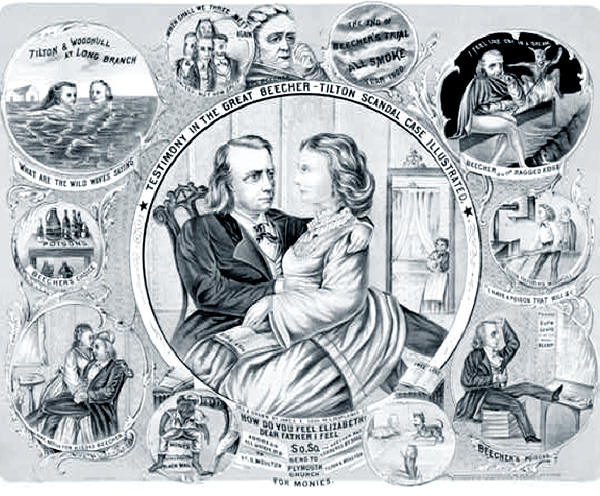George Weigel has some insights into religious change in Latin Ameirca.
…in trying to preach the Gospel today, what Benedict called the “mainstream Christian denominations” themselves face a new situation. For the “geography of Christianity” had “changed dramatically in recent times, and is in the process of changing further still.” There is a “new form of Christianity, which is spreading with overpowering missionary dynamism, sometimes in frightening ways … a form of Christianity with little institutional depth, little rationality and even less dogmatic content, and with little stability.”
By which, I think we can assume, the Pope meant the explosion of evangelical (in the American sense of the term), Pentecostalist, and fundamentalist Christianity throughout the Third World. “What is this new form of Christianity saying to us, for better and for worse?”, the Pope asked his mainline German Protestant audience. Perhaps I might venture an answer to that question.
The first thing that is being said is that preaching Jesus Christ crucified and the transforming power of personal friendship with the Risen Lord is going to win out, every time, over enticing men and women into a religious trade union or cultural club. Surely Benedict XVI, whose pontificate has been characterized by the theme of intimate friendship with the Lord, knows that. One hopes he is saying it, firmly, to the “bishops from all over the world” who are “constantly” complaining to him about evangelical inroads into their flocks.Take, for example, Latin America. The Catholic Church has been active in Latin America for over half a millennium. If it has poorly catechized that vast expanse of territory, such that the Church cannot retain the loyalty of traditionally Catholic peoples, it should look first to its own incapacities and failures, rather than blaming well-funded American evangelical and Pentecostalist missions for its problems. As scholars like David Martin and Amy Sherman have demonstrated, it is the power of these missions to change self-destructive patterns of behavior through radical conversion to Christ that has given them their purchase in areas where five hundred years of Catholicism have failed to build a culture of responsibility—especially male responsibility. More recognition of that, and less complaining to the Pope, would seem the appropriate Christian response from Catholic bishops in the world’s most densely Christian continent.
I am have been doing further research into male alienation from Christianity.
The Catholic clergy alienated many men in Latin America by trying to control or eliminate what men considered to be their own expression of Catholicism. Priests disliked the fiestas and the male exuberance that the fiestas occasioned. The priests sound like sourpusses when they object to fireworks, but they also objected to the fiestas’ costs that kept families in poverty and to the drinking and mayhem that fiestas brought about.
Charismatics in Latin America seem to have more success in getting men to behave themselves and devote their resources to their families. I am not sure why this has not provoked male rebellion. Perhaps the pastors are a lot closer to the people. They need little theological education, unlike Catholic priests, and are married. Perhaps charismatic worship allows for male exuberance that found expression in dancing, drinking, and fighting. Or perhaps something else.But the charismatic churches are feminized too and have not been able to reach the young men who are increasingly drawn into the world of narcoterrorism.
